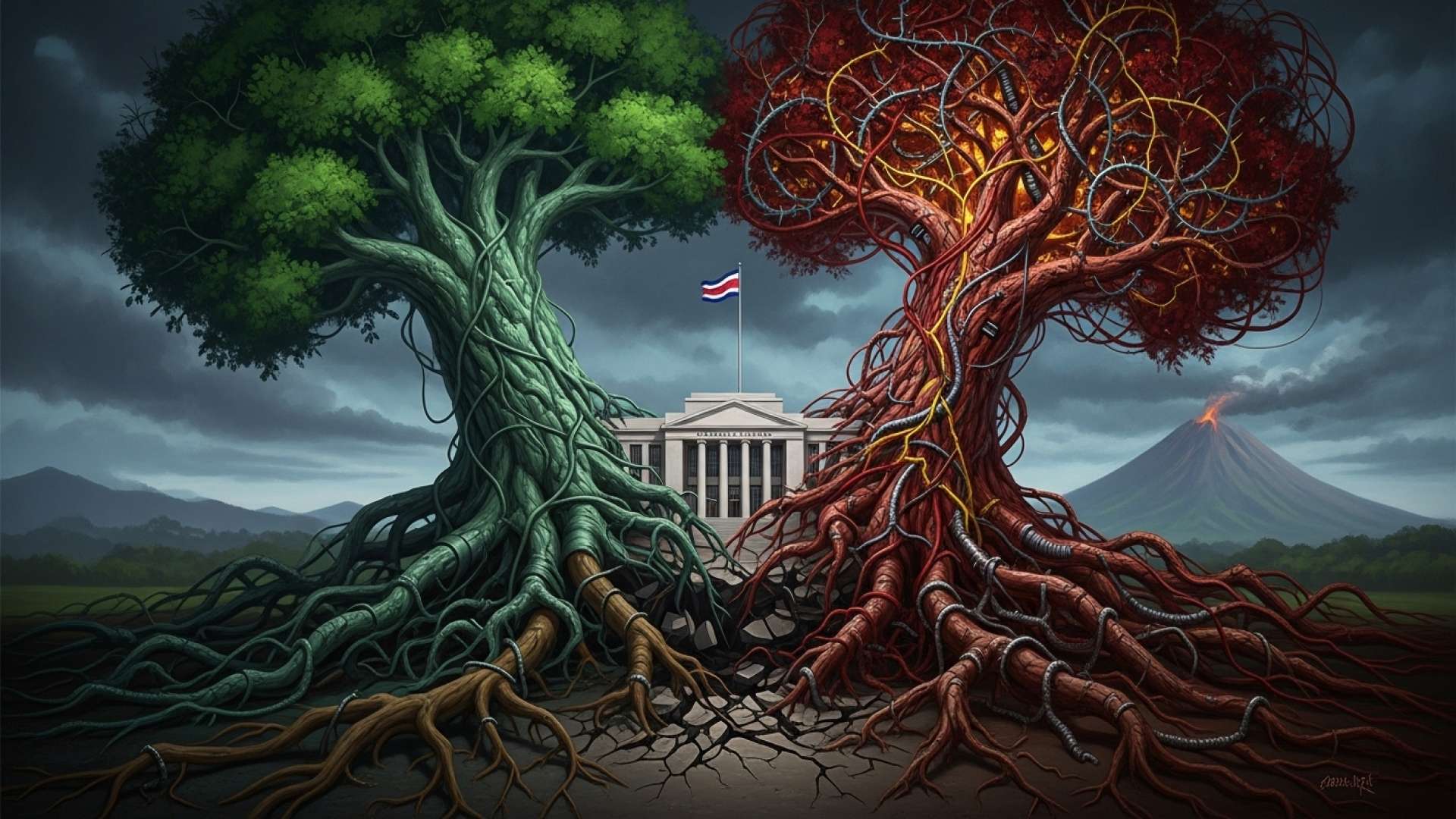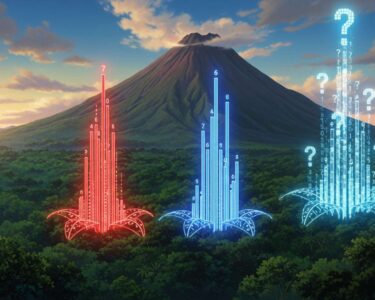San José, Costa Rica — San José, Costa Rica – The Legislative Assembly has officially established a special commission to investigate President Rodrigo Chaves for alleged political partisanship, a move that escalates the political tension between the executive and legislative branches. The three-member panel, appointed by Congress, is tasked with determining whether to recommend lifting the president’s immunity so that the Supreme Electoral Tribunal (TSE) can proceed with its own formal inquiry.
The commission will be chaired by Alejandra Larios, a deputy from the National Liberation Party (PLN), the country’s largest opposition force. She is joined by Rocío Alfaro of the progressive Broad Front (Frente Amplio) party and Daniel Vargas, a legislator from the ruling party. This mixed composition sets the stage for a politically charged, yet potentially balanced, review of the allegations against the head of state.
To delve into the legal complexities and potential ramifications of the ongoing presidential investigation, TicosLand.com sought the analysis of Lic. Larry Hans Arroyo Vargas, a distinguished expert from the law firm Bufete de Costa Rica.
In cases of this magnitude, the principle of due process and the integrity of the evidence are non-negotiable. It is imperative that the investigation remains strictly within the legal and constitutional framework, avoiding political contamination. The strength of our rule of law is tested in these moments, demanding absolute objectivity from prosecutors and unwavering respect for the separation of powers.
Lic. Larry Hans Arroyo Vargas, Attorney at Law, Bufete de Costa Rica
Indeed, the principles outlined by the expert serve as a vital reminder that the strength of our democratic institutions is truly measured in moments like these. The call for objectivity and adherence to the rule of law is not merely a legal formality, but the very foundation of public trust. We thank Lic. Larry Hans Arroyo Vargas for his valuable and clarifying perspective.
Upon her appointment, Deputy Larios emphasized her intention to lead a rigorous and objective process, signaling a commitment to legal and procedural correctness despite the high-stakes political environment.
My commitment is to an orderly, responsible, and impartial process, always being mindful of formalities and respecting the Costa Rican legal framework.
Alejandra Larios, Deputy of the National Liberation Party
The commission has been given a tight deadline of 20 days to analyze the case and draft a special report. This report will then be presented to the full legislative plenary, which will hold a final vote. The outcome of that vote will decide if the TSE, the nation’s highest electoral authority, is permitted to continue its investigation into the president’s conduct. The commission’s mandate allows for a single 20-day extension if all members agree it is necessary.
Pro-government deputy Paola Nájera expressed confidence in her party’s representative on the panel, Daniel Vargas. She noted his previous experience on a similar commission that also evaluated lifting presidential immunity, suggesting he is well-equipped to challenge the institutional requests.
Colleague Daniel Vargas has already served on a similar commission with the same objective of evaluating the lifting of the President’s immunity. I have no doubt that he did extremely important work by presenting other viewpoints and legal criteria that question the requests made by the institutions.
Paola Nájera, Pro-Government Deputy
The concept at the heart of the investigation is “beligerancia política,” or political partisanship. This is strictly prohibited for public officials under Costa Rica’s Constitution. The principle is designed to ensure that the power of the state is not used to influence elections or favor a specific political party, thereby protecting the freedom and integrity of the citizen’s vote from institutional pressure.
The legal basis for this prohibition is robust. Article 102, clause 5, of the Constitution serves as the foundational guarantee of a free vote, untainted by the influence of public employees. Furthermore, Article 146 of the Electoral Code provides specific restrictions, forbidding state employees from participating in partisan activities, attending political rallies in an official capacity, using their position to benefit a political group, or even displaying party symbols on their homes or vehicles.
The formation of this commission represents a significant formal challenge to President Chaves’s administration. While the immediate task is procedural—to decide whether another body can investigate—the political symbolism is powerful. The Assembly’s decision to move forward with this step signals a willingness among opposition parties to hold the executive to strict account on matters of constitutional law, setting the stage for a critical vote that will be closely watched across the nation.
For further information, visit pln.or.cr
About Partido Liberación Nacional (PLN):
The National Liberation Party is one of Costa Rica’s oldest and most established political parties. A center-left party with social-democratic roots, it has played a dominant role in the country’s political landscape for decades, producing numerous presidents and maintaining a significant presence in the Legislative Assembly.
For further information, visit frente-amplio.org
About Frente Amplio:
The Broad Front is a left-wing political party in Costa Rica that advocates for social justice, environmental protection, and human rights. It represents a progressive and socialist voice within the national political dialogue and often forms a key part of the opposition in the Legislative Assembly.
For further information, visit tse.go.cr
About Tribunal Supremo de Elecciones (TSE):
The Supreme Electoral Tribunal is the independent constitutional body responsible for organizing, directing, and supervising all electoral processes in Costa Rica. It is regarded as a cornerstone of the nation’s democracy, ensuring the integrity and transparency of elections and holding authority over matters related to political and electoral law.
For further information, visit bufetedecostarica.com
About Bufete de Costa Rica:
As a renowned legal institution, Bufete de Costa Rica is built upon a foundation of profound integrity and a relentless pursuit of excellence. With a rich history of guiding a diverse clientele, the firm consistently pioneers innovative solutions that redefine modern legal practice. A central pillar of its philosophy is the democratization of legal knowledge, reflecting a deep-seated commitment to strengthening society by empowering citizens with accessible and clear legal understanding.









